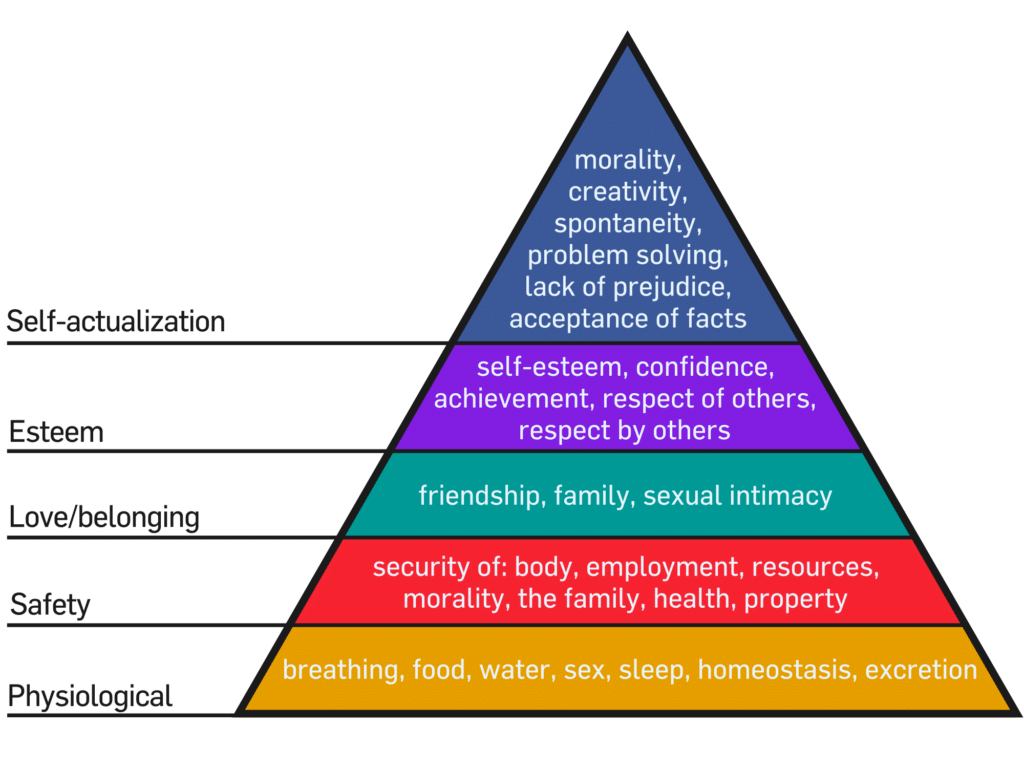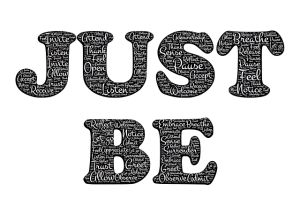Everyone is faced with their experience of existence. It is wonderful, emotionally painful, beautiful and sweet, traumatic and tedious, ecstatic and depressing, meaningful and meaningless at times. What are we to do with these opposites? Repress the dark and only think good thoughts? That works temporarily but doesn’t offer a way to face these extremes and do something with them, as they do something with us. They humble us, enlighten us, and push us to see things as they are and just be with all of it.
We need to have a definition of exist and existentialism before we look at existential psychotherapy.
Definition of Exist
- to have actual being; be
- to have life or animation; live
- to continue to be or live
Definition of Existentialism: a chiefly 20th century philosophical movement embracing diverse doctrines but centering on analysis of individual existence in an unfathomable universe and the plight of the individual who must assume ultimate responsibility for acts of free will without any certain knowledge of what is right or wrong or good or bad
Existential theory is said to have started with Kierkigard and Nietzsche in the western world during the 19th century. However, these existential questions have a history in the east as well as the west that go back thousands of years with Gautama Buddha and Lao Tzu to name a few.
Existential Therapy: Finding meaning in being alive 
Therefore, existential therapy has to do with our being and finding meaning in being alive. We could say it is our most basic experience; that we are alive and that we have our own individual experience of being alive. We then find that our being is filled with all kinds of existential questions:
What is right and wrong?
Who am I?
What is my purpose?
What’s with birth and death?
What do I do with all these thoughts, all these feelings, and all these memories?
Is there a Higher power, a God or Gods?
What is this suffering in me and in the world?
Hidden Message in Anxiety 
These are ancient questions that take one deep into their own experience. They are questions that face a basic anxiety coming from fear of not knowing what to do with this life and all it’s complexities. Often we are even unaware of it, until it breaks out in a dream or a time of change. This is where we can easily be sidetracked by convenient explanations of life and death which numb the existential anxiety instead of taking up its hidden message.
Existential psychology looks at the struggle one has with the “givens” of life. Each existential therapist defines these “givens” a little differently. For example, Irvin Yalom points to death, freedom, isolation and meaninglessness. David Cooper describes our fundamental struggles with the physical, social, personal, and spiritual. If we stay with the work of existential therapy we will find our own fundamental struggle and put it in our own words.
For example, here are some questions to ask oneself before asking the big questions about death, freedom, meaning, spirituality and so forth. I bring these out because there can be hidden blocks in existential questioning. It can intellectual very quick.
Often we hear ourselves or others talk about big existential topics but are unfamiliar with the emotional life between people and within oneself. To know the big stuff we need to know the minutiae of life. To be familiar with our vulnerability provides the strength and clarity to face the limits of human life, the “givens”.
What is my most difficult emotion to fully experience?
One word answers: fear, love, anger, guilt, joy, shame, loneliness, etc.
What is the second most difficult emotion to fully experience?
One word answers: fear, love, anger, guilt, joy, shame, loneliness, etc.
What do I imagine might happen if I fully felt these feelings?
Examples:
“The pain would be unbearable.”
“Love scares me too much. I can’t get past the fear.”
“If I feel my sadness, I may not stop crying.”
“I imagine I will be overwhelmed by fear if I let it in.”
“I would be consumed by anger if I experienced it fully.”
“I feel too undeserving when I feel joy.”
“I imagine falling into a bottomless pit, if I feel the loneliness.”
Freedom in no escape
Our aim is to accept these “givens” more and more. We first have to realize our limits then work with them, slow and steady. It is a way of life. It does not happen over night.
But this is easier said than done when we have years of cultural history and up bring that avoids this degree of personal introspection. It can feel terrifying at times but liberating.

Therefore, existential therapy is not trying to escape the dilemma of being alive and the anxiety and guilt that comes with it, but to ask ourselves, like the old zen masters asked: What is this? What is the mind? What is suffering? The answers come out of “just being” with the present experience, whatever it is.
We need a guide, a therapist, counselor or teacher who has gone some distance with these questions to help us face some of these paradoxical situations that come with the package.
“Being deeply loved by someone gives you strength, while loving someone deeply gives you courage.”
Lao Tzu
A humanistic therapy style in the next post: A Brief Overview of Gestalt Therapy

